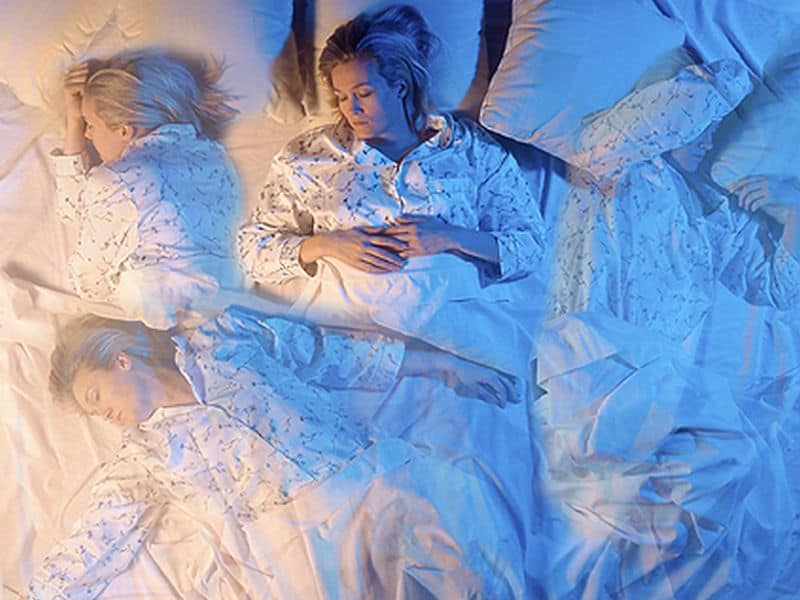FRIDAY, Aug. 17, 2018 (HealthDay News) — First-year residents experience worsening sleep duration and quality as well as daytime sleepiness, according to a study published in the June issue of the Journal of General Internal Medicine.
Jonathan P. Zebrowski, M.D., from the Massachusetts General Hospital in Boston, and colleagues assessed changes in 281 first-year residents’ sleep during training (across multiple specialties) and evaluated the utility of baseline sleep screening in predicting future sleep impairment. Follow-up surveys were completed by 153 trainees nine months after baseline.
The researchers found that mean nightly sleep time decreased from 7.6 to 6.5 hours. There were significant increases in the mean Pittsburgh Sleep Quality Index (PSQI) score and mean Epworth Sleepiness Scale (ESS) score, the latter of which measured daytime sleepiness. The proportion of residents exceeding the two scales’ clinical cutoffs increased over time, from 15 to 40 percent on the PSQI and from 26 to 59 percent on the ESS. Baseline normal sleep did not appear protective.
“Sleep screening at residency orientation may identify some, but not all, residents who will experience sleep impairment during training,” write the authors.
One author disclosed financial ties to the pharmaceutical industry.
Abstract/Full Text (subscription or payment may be required)
Editorial (subscription or payment may be required)
Copyright © 2018 HealthDay. All rights reserved.



